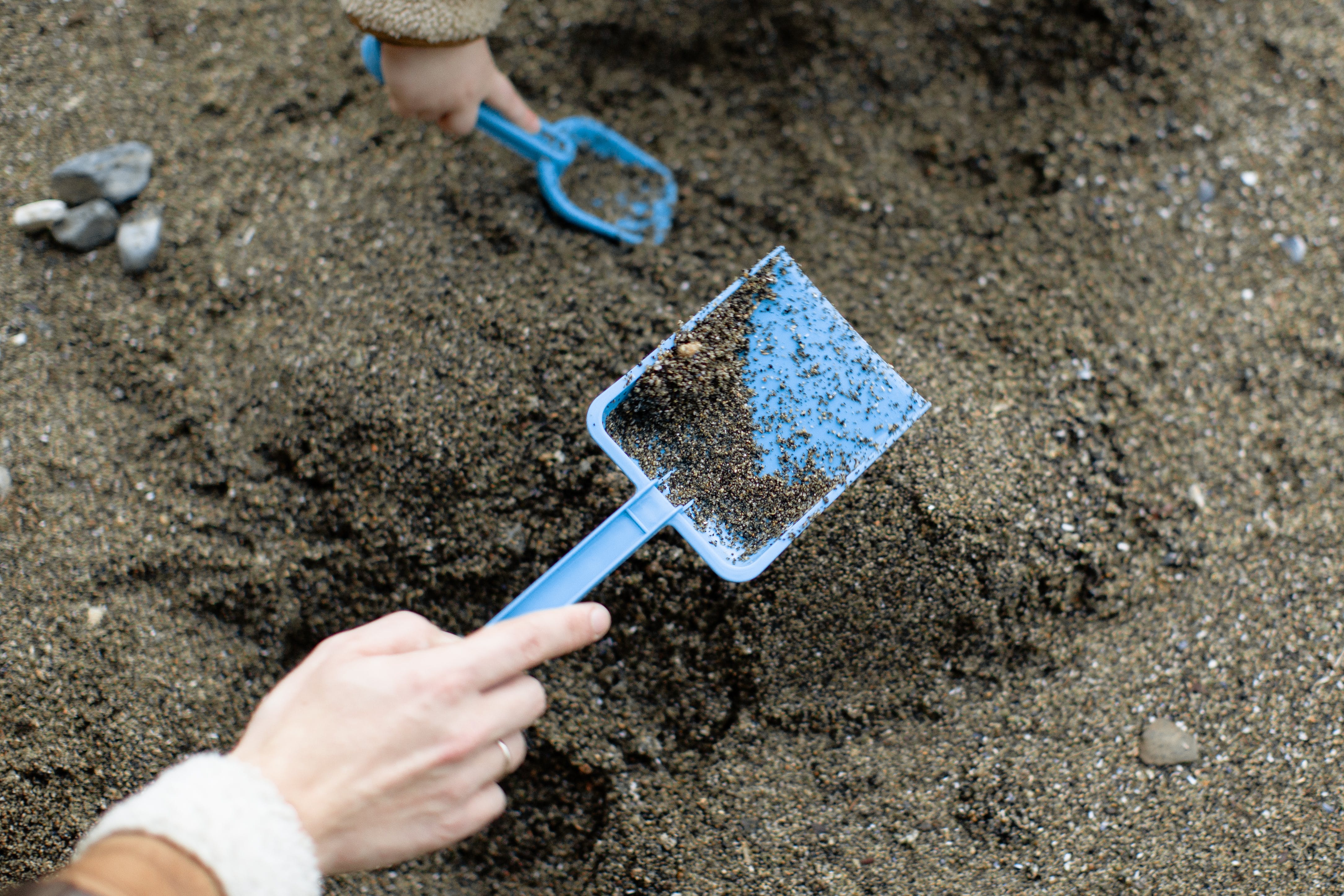Table of Contents
Infancy
Infancy is the stage of development that spans from birth to two years of age. During this time, infants experience rapid growth and development in all areas. As a babysitter, it is important to be aware of the physical, cognitive, and emotional milestones that typically occur during this stage.
Physically, infants are developing gross motor skills such as rolling over, sitting up, crawling, and eventually walking. They are also developing fine motor skills, such as grasping objects and picking up small items. Cognitive development in infancy is marked by significant growth in language skills, memory, and problem-solving abilities. Emotionally, infants are forming attachments to their primary caregivers and learning to regulate their emotions.
As a babysitter, it is important to provide infants with a safe and stimulating environment that supports their development. Engage in activities that promote tummy time, encourage exploration, and foster language development. Respond promptly to infants’ needs for food, comfort, and attention to help them feel secure and develop trust in their caregivers.
On-Demand Childcare in Your Neighborhood
Book a Sitter
Toddlerhood
Toddlerhood typically spans from ages two to three, and is characterized by significant growth and development in all areas. Toddlers are becoming more independent, curious, and active during this stage. As a babysitter, it is important to understand the unique needs and abilities of toddlers in order to provide appropriate care and support.
Physically, toddlers continue to develop gross motor skills such as running, jumping, and climbing. They also refine their fine motor skills, such as stacking blocks, drawing, and feeding themselves. Cognitive development in toddlerhood is marked by significant growth in language skills, memory, and problem-solving abilities. Toddlers also begin to assert their independence and develop a sense of self.
Emotionally, toddlers are learning to express their feelings and regulate their emotions. As a babysitter, it is important to provide toddlers with opportunities for exploration, play, and social interaction. Encourage toddlers to engage in activities that promote their physical and cognitive development, such as outdoor play, art projects, and age-appropriate games. Set clear and consistent boundaries, while also allowing toddlers to explore and express themselves within a safe and supervised environment.
Preschool Years
Preschool years typically span from ages three to five, and are marked by significant growth and development in all areas. Preschoolers are becoming more independent, social, and curious during this stage. As a babysitter, it is important to understand the unique needs and abilities of preschoolers in order to provide appropriate care and support.

Physically, preschoolers continue to refine their gross motor skills through activities such as running, jumping, and swimming. They also develop fine motor skills through activities such as drawing, cutting, and dressing themselves. Cognitive development in the preschool years is marked by significant growth in language skills, memory, and problem-solving abilities. Preschoolers also begin to develop a sense of curiosity and creativity.
Emotionally, preschoolers are learning to navigate social relationships and regulate their emotions. As a babysitter, it is important to provide preschoolers with opportunities for imaginative play, creative expression, and social interaction. Engage in activities that promote their physical, cognitive, and social development, such as arts and crafts, storytelling, and group games. Encourage preschoolers to explore their interests and express themselves in a supportive and nurturing environment.
School Age
The school-age years typically span from ages six to twelve, and are marked by significant growth and development in all areas. School-age children are becoming more independent, academically focused, and socially aware during this stage. As a babysitter, it is important to understand the unique needs and abilities of school-age children in order to provide appropriate care and support.
Physically, school-age children continue to develop their gross motor skills through activities such as sports, dance, and outdoor play. They also refine their fine motor skills through activities such as writing, drawing, and playing musical instruments. Cognitive development in the school-age years is marked by significant growth in academic skills, problem-solving abilities, and critical thinking. School-age children also begin to develop a sense of identity and social responsibility.
Emotionally, school-age children are learning to navigate peer relationships, manage academic challenges, and regulate their emotions. As a babysitter, it is important to provide school-age children with opportunities for academic support, creative expression, and social engagement. Engage in activities that promote their physical, cognitive, and social development, such as homework help, creative projects, and group activities.
Encourage school-age children to pursue their interests and goals in a supportive and encouraging environment.
Adolescence
Adolescence typically spans from ages thirteen to eighteen, and is marked by significant growth and development in all areas. Adolescents are becoming more independent, emotionally complex, and socially engaged during this stage. As a babysitter, it is important to understand the unique needs and abilities of adolescents in order to provide appropriate care and support.
Physically, adolescents experience significant changes in their bodies, including puberty, growth spurts, and changes in muscle mass and body fat. They also continue to develop their gross and fine motor skills through activities such as sports, dance, and music. Cognitive development in adolescence is marked by significant growth in abstract thinking, problem-solving abilities, and decision-making skills. Adolescents also begin to form more mature and complex social relationships.
Emotionally, adolescents are navigating a range of challenges and opportunities, including peer pressure, academic stress, and self-exploration. As a babysitter, it is important to provide adolescents with opportunities for creative expression, academic support, and social engagement. Foster open and honest communication, respect their individuality and independence, and provide a supportive and nonjudgmental environment. Encourage adolescents to explore their interests, develop their talents, and pursue their goals with confidence and resilience.
In conclusion, understanding the stages of child development is essential for anyone who cares for children, including babysitters. By familiarizing yourself with the unique needs and abilities of children at each stage of development, you can provide better care and support for the children in your care. Tailoring your interactions and activities to meet the specific needs of each child can help foster their growth, development, and well-being. As a babysitter, you play a valuable role in helping children navigate the various stages of development and build a strong foundation for their future success.











